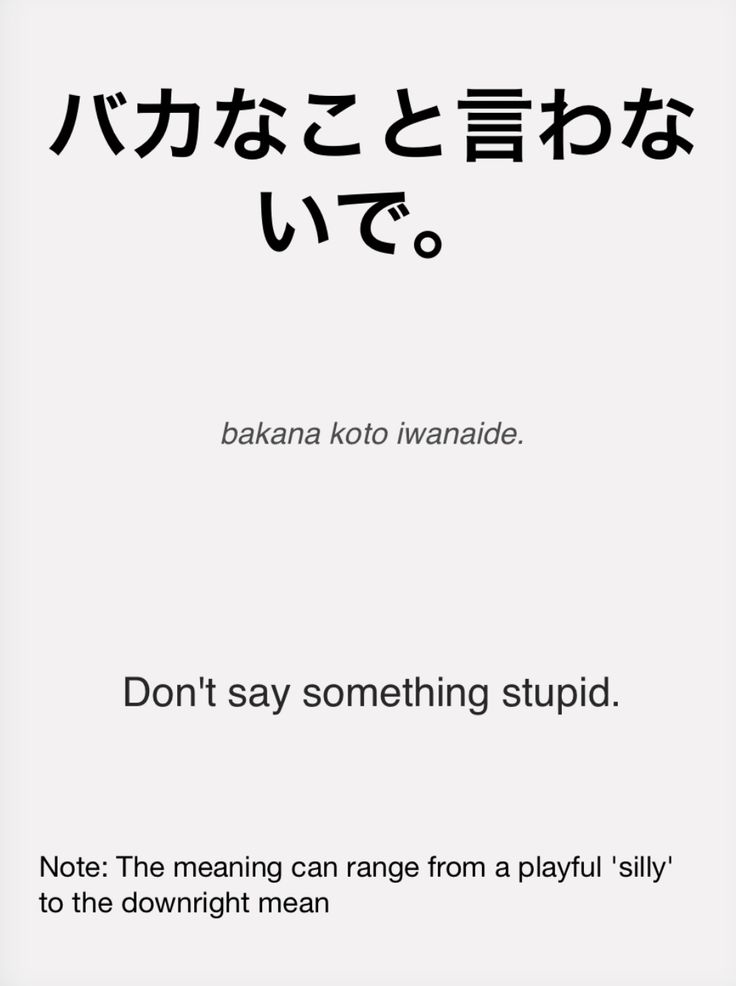「私は忘れました」日本語 – あなたが覚えていないときに言うフレーズ
この包括的なガイドでは、私たちは魅力的な世界を掘り下げます
あなたの記憶があなたを失敗させるように見えるそれらの瞬間の日本の表現。
あなたが言語愛好家であろうと、日本への旅行を計画している旅行者、または
単に異なる文化に興味があり、「私は忘れた」と言う方法を学びます
日本語は、あなたの言語レパートリーに貴重な追加になることができます。これで
記事、アイデアを伝えるさまざまなフレーズと表現を探ります
日本語の物忘れの。それでは、この言語の旅に乗り出しましょう
思い出せないときに厄介な状況をナビゲートする方法を発見する
日本語の何か。
日本語の礼儀正しさの重要性を理解する

物忘れのために特定のフレーズに飛び込む前に、それは重要です
日本文化における礼儀正しさと尊敬の重要性を理解する。
日本社会はエチケットと礼儀に重点を置いており、
言語も例外ではありません。あなたが日本の缶で物忘れを表現する方法
伝えたい形式と礼儀正しさのレベルによって異なります。
1 。シンプルでカジュアル:「wasureru」(忘れる)
日本語で「私は忘れた」と言う最も簡単な方法は、
動詞「忘れる」(「wasureru」と発音)。このフォームはカジュアルで使用できます
友人、家族、または非公式の環境で。例えば:
* we **は、「昨日のの約束忘れちゃっ」(kinou no yakusoku o wasurechatta)と言うかもしれません。
2 。礼儀正:「oboemasen」(覚え覚えん)
忘れっぽく丁寧に表現する必要があるとき、「覚え覚え」というフレーズは
(「oboemasen」と発音)は適切な選択です。それは尊敬を示しています
ビジネスや話をするときなど、より正式な状況に適しています
年上の人または権威のある立場にいる人。例えば:
*私たちこのフレーズは、ビジネスのコンテキストでこのフレーズを使用できます。メールを受け取ったことを覚えておいてください。」
さまざまなシナリオで忘却を表現します

これで**私たちは基本的な表現をカバーしています、使用方法を探りましょう
これらのフレーズは、物忘れが発生する可能性のあるさまざまな状況で。
3 。名前を忘れて:「ナマエ・ガ・ワサウルー」(名前が忘れる)
時々誰かの名前を忘れることは一般的であり、日本語ではあなたは
これを「名前」(namae ga wasureru)と言うことで伝えることができます。これは可能です
社会的状況やネットワーキングイベントで特に便利です。これが次のとおりです
例:
*私たちと言うかもしれません: “
4 。予定を忘れる:「Yotei o Wasureuru」(予定を忘れる)
忙しいus騒の中で、人生のbus騒の中で、忘れることは珍しくありません
予定またはスケジュールされたイベント。これを使用して日本語で表現できます
フレーズ「予定」(Yotei o wasureru)。例えば:
*同僚と話すときにこのフレーズを使用することができました:「今日の今日会議」予定予定をを完全にてい」(kyou no kaigi no yotei o kanzen ni wasureteimashita)。。」
忘却のための日本のフレーズの礼儀正しさ

前述のように、礼儀正しさと形式はの不可欠な側面です
日本語と文化。適切なフレーズを選択することが不可欠です
あなたが伝えたいコンテキストと尊敬のレベルに基づいています。ここに、私たち
さまざまな礼儀正しさレベルをカバーするいくつかの追加のフレーズを提供します。
5 。非常に丁寧:「オモイシレマセン」(思い出しません)
極度の礼儀正しさと謙虚さを表現する必要がある場合、
フレーズ「思い出し」(「omoishiremasen」と発音)。これは、フォーマルに適しています
そして、あなたが最大限の敬意を示したい謝罪の状況。のために
例:
*私たちクライアントに話しかけるときにこれを言うかもしれません。en ga, sono jouhou o omoishiremasen), meaning “I deeply apologize, but I can’t recall that information.”
6. Informal and Apologetic: “Mimamotteimasen” (見守っていません)
In some cases, you may want to express your forgetfulness informally but still
convey a sense of apology. The phrase “見守っていません” (pronounced as
“mimamotteimasen”) can be used in such situations. For instance:
- We could say this to a friend: “ごめん、メッセージを見守っていなかったんだ” (Gomen, messeeji o mimamotteinakattanda), meaning “Sorry, I didn’t keep an eye on the message.”
Common Scenarios for Forgetting

Let’s take a closer look at specific scenarios where these phrases can come in
handy.
7. Forgetting Directions: “Michi o Wasurechimatta” (道を忘れちゃった)
When traveling or navigating a new place, it’s not unusual to forget
directions. In Japanese, you can express this by saying “道を忘れちゃった” (michi o
wasurechimatta). Here’s an example:
- We might say this to a local when lost in a new city: “すみません、道を忘れちゃいました。駅までの行き方を教えていただけますか?” (Sumimasen, michi o wasurechaimashita. Eki made no ikikata o oshiete itadakemasu ka?), meaning “I’m sorry, I forgot the way. Could you please tell me how to get to the station?”
8. Forgetting Passwords: “Pasuwādo o Wasuremashita” (パスワードを忘れました)
In today’s digital age, forgetting passwords is a common frustration. In
Japanese, you can convey this by saying “パスワードを忘れました” (pasuwādo o
wasuremashita). For instance:
- We could use this phrase when contacting customer support: “パス “パスワードを忘れました。アカウントにアクセスできない状態です。どうすればよろしいでしょうか?” (Pasuwādo o wasuremashita. Akkaunto ni akusesu dekinai joutai desu. Dousureba yoroshii deshou ka?), which means “I forgot my password. I can’t access my account. What should I do?”
9. Forgetting Anniversaries: “Kinenbi o Wasuremashita” (記念日を忘れました)
Forgetting a special anniversary can lead to awkward situations. In Japanese,
you can express this by saying “記念日を忘れました” (kinenbi o wasuremashita). Here’s
an example:
- We might say this to our partner: “ごめん、記念日を完全に忘れてた。何か特別なことしようか?” (Gomen, kinenbi o kanzen ni wasureteta. Nanika tokubetsu na koto shiyou ka?), meaning “Sorry, I completely forgot our anniversary. Should we do something special?”
Useful Tips for Using These Phrases

To effectively use these phrases for forgetfulness in Japanese, consider the
following tips:
- Practice Pronunciation : Make sure to practice the pronunciation of these phrases to ensure you are understood correctly.
- Use Body Language : In addition to verbal communication, body language such as bowing and showing sincerity through facial expressions can enhance your apology.
- Context Matters : Always consider the context in which you are using these phrases, as it can dictate the level of formality required.
- Apologize Sincerely : When expressing forgetfulness, it’s often appreciated to include a sincere apology to show your regret.
Conclusion
In this article, we have explored various phrases and expressions to say
“I forgot” in Japanese. Whether you want to convey forgetfulness casually
among friends or with utmost respect in formal situations, there are
appropriate phrases for every context. Understanding the nuances of politeness
and being aware of the situation can help you navigate these moments of
forgetfulness gracefully in Japanese culture.
So, the next time you find yourself in a situation where your memory fails
you, remember these phrases and communicate effectively in Japanese. Learning
these expressions not only enriches your language skills but also demonstrates
your respect for Japanese culture and etiquette.
key words
- learn japanese
- how to say hello in japan
say i love you in japan
[1]
- [2]
- [3]

返信がありません